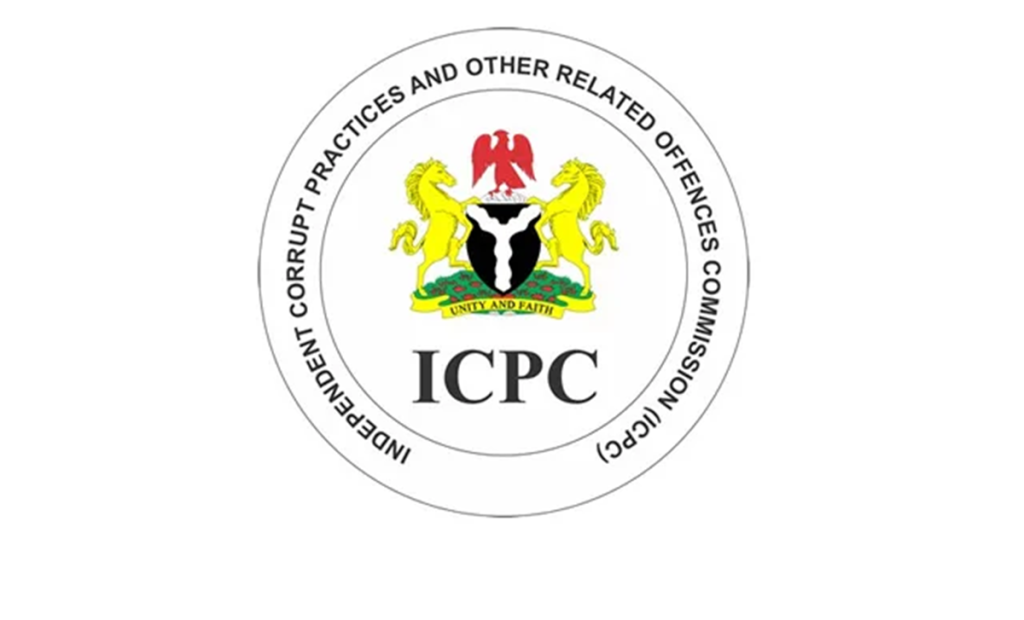Musa Aliyu, Chairman of the Independent Corrupt Practices and Other Related Offences Commission (ICPC), revealed that 70% of Nigerians approached for a bribe in 2023 refused to comply.
Aliyu stated this on Monday in Kano during an ICPC roundtable discussion with state attorneys-general from the northwest, focusing on strengthening the commission’s efforts to prevent corruption.
He referenced the “2023 Corruption in Nigeria: Patterns and Trends” report, compiled by the National Bureau of Statistics (NBS) and the United Nations Office on Drugs and Crime (UNODC), which highlighted significant bribery trends in Nigeria, particularly in the northwest region.
“Bribery is most prevalent in public utilities, law enforcement, and administrative services,” Aliyu explained. “However, the encouraging news is that 70 percent of Nigerians approached for a bribe in 2023 refused to comply at least once.”

In the northwest, the refusal rate was even higher, with 76 percent of individuals resisting bribery attempts—the highest among all Nigerian geopolitical zones—signaling a growing opposition to corruption in the region.
Aliyu emphasised that both state and federal governments share responsibility for fighting corruption, offering an opportunity to improve system accountability and transparency.
“I urge the attorneys-general of the northwest to collaborate closely with ICPC to strengthen systems of accountability and transparency for the benefit of the people,” he said.
He also highlighted that the ICPC is empowered by Section 6 of the Corrupt Practices and Other Related Offences Commission Act to investigate and prosecute corruption across public service sectors. However, he stressed that local support and expertise are crucial for making these efforts more effective.
The ICPC chairman further encouraged residents of the northwest to continue resisting bribery demands, emphasising his commitment to using the commission’s law enforcement powers and preventive measures to combat corruption.
Finally, Aliyu reiterated that pillar five of Nigeria’s National Anti-Corruption Strategy (NACS II), which focuses on collaboration and partnerships, remains central to the nation’s fight against corruption.


